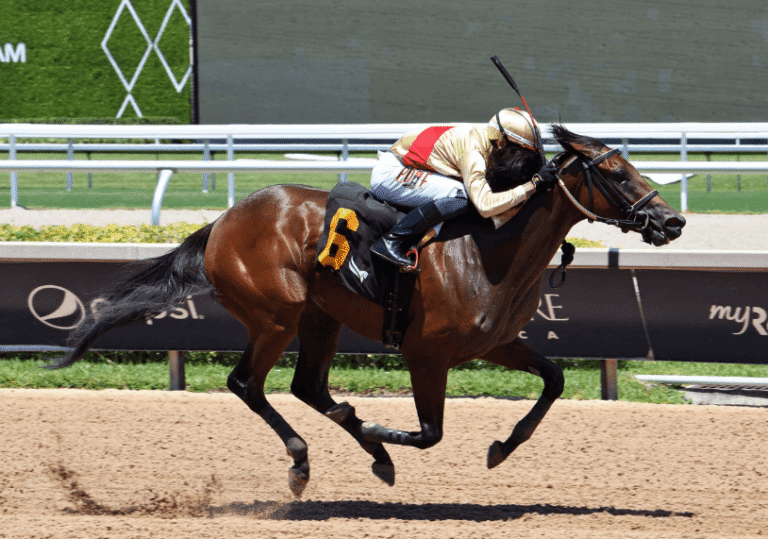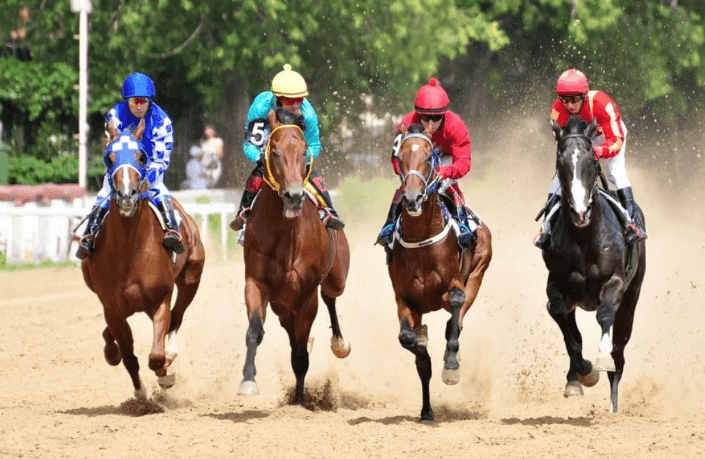The Challenges of Maintaining Racing Weight
Athletes often face significant challenges in maintaining racing weight. The constant pressure to achieve an ideal physique can lead to psychological strain. This strain may diminish self-esteem and affect overall performance. Additionally, athletes must navigate complex nutritional needs while adhering to demanding training schedules. The intricacies of meal timing and macronutrient balance further complicate their efforts. Understanding these challenges is crucial for developing sustainable strategies that prioritize health and well-being. What solutions exist for these multifaceted issues?
The Psychological Impact of Weight Management
How does the relentless pursuit of an ideal racing weight affect an athlete’s mental well-being?
This pursuit can lead to negative body image and heightened anxiety, undermining mental health. Athletes may experience stress from societal pressures and self-imposed expectations, resulting in diminished self-esteem.
Balancing performance goals with mental wellness is crucial, as a healthier mindset fosters both personal freedom and athletic success.
See also: Understanding the Physical Needs of Racehorses
Nutritional Challenges for Athletes
While striving to maintain an optimal racing weight, athletes often encounter significant nutritional challenges that can impact their performance and overall health.
Balancing macronutrients is crucial, as inadequate intake can hinder energy levels and recovery.
Furthermore, meal timing plays a pivotal role in nutrient absorption and performance.
Athletes must navigate these complexities to achieve their goals while ensuring their nutritional needs are met.
Balancing Training and Personal Life
Finding the right balance between rigorous training and personal life can be a daunting challenge for athletes. Effective time management is essential, enabling athletes to allocate time for both training and family.
Moreover, family support plays a crucial role, fostering an environment that encourages commitment while recognizing personal needs. Striking this balance not only enhances performance but also nurtures personal relationships, promoting overall well-being.
Conclusion
In the relentless pursuit of racing weight, athletes often navigate a treacherous landscape, where the weight of expectations can overshadow their passion for the sport. Just as a finely tuned engine requires both fuel and care, so too must these athletes balance their nutritional needs with mental well-being. By fostering a holistic approach that prioritizes health and self-acceptance, they can emerge not only as competitors but as resilient individuals, capable of weathering the storm of weight management challenges.




